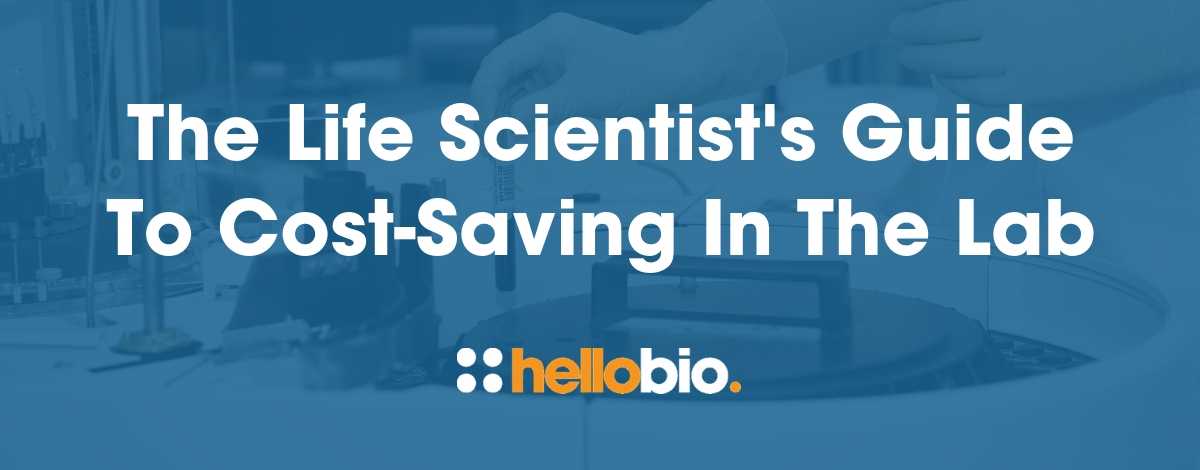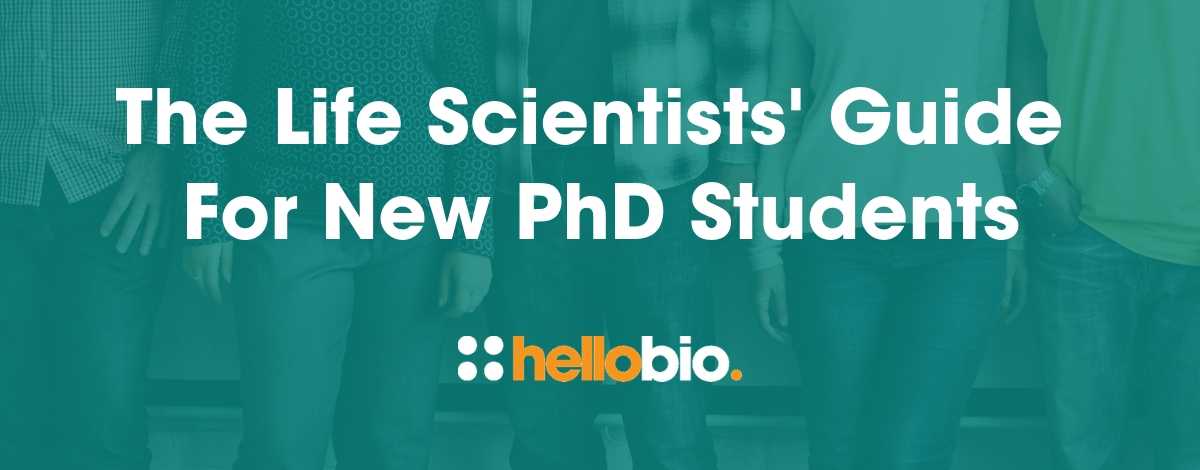Travel Award Winner Francesca Managò
We were delighted to sponsor a travel award for delegates of the International Behavioral Neuroscience Society Meeting 2019 (IBNS2019). The winner is Francesca Managò, a researcher working at the Istituto Italiano di Tecnologia (IIT), in Italy. Francesca's work focuses on the role of mPFC microcircuits in the processing of emotion discrimination.The award will help to fund her trip to the IBNS 2019 meeting in Cairns, Australia.
I am very grateful to Hello Bio, this award will support my travel cost to the 2019 IBNS meeting in Australia where I will give my first seminar in an international conference! My work is about neuronal circuits in social cognition and the IBNS is the right conference to get advice and share ideas for improving my research.. Francesca Managò Istituto Italiano di Tecnologia, Hello Bio travel award winner
Congratulations Francesca. First, can you tell us a bit more about what you're working on at the moment?
My research is focused on understanding the mechanisms underlying the ability to discriminate emotions in others, and in particular how the microcircuits at the level of the mPFC are involved. Emotion recognition is a very important ability , affecting our everyday life, having appropriate interactins with others. An impairment in this ability, as observed in several psychiatric disorders, can profoundly impact the quality of life. In the laboratory where I work (Dr. Papaleo’s lab), we have recently developed a behavioral paradigm allowing to study even in mice their ability to discriminate unfamiliar conspecifics based on different emotional states. We hypothesized that neuronal subpopulations within the mPFC could differentially contribute to the processing of emotion discrimination.
What is it about your field of research that gets you most excited?
Behavioral neuroscience! When it is possible to to effectively translate a new finding animal models to humans and viceversa. I think this is a fundamental step on the base of which a good basic science needs to be built on.
Which scientists working today do you most admire, and why?
Dr Shin HS (director of Center for Cognition and Sociality, Institute for Basic Science, Korea). This because he has a great impact in the field of behavioral neuroscience, combining genetics, neural circuits and behavioural phenotyping. He is one of the first researcher who thought about the needs of developing new behavioural task for studying social cognition and in particular emotion perception and/or emotional contagion. After the development of the observational fear learning task in 2011 by his group, many other scientists around the world have been using and following this line of new research about empathy-related mechanisms.What do you think are the biggest challenges currently facing life scientists and their work?
I think that the biggest challenge for a scientist is to make precision medicine approach became true. Many diseases, from cancer to mental disease, require the developing of personal treatment.
What’s your favorite science quote?
The brain is wider than the sky. (Emily Dickinson)
________________________________
Thank you Francesca - we hope you enjoy your trip to Australia - very exciting!
You can follow Francesca Managò on Twitter @FrancescaManago
Click here to read about our past winners or why not apply for the grant yourself?
________________________________
If you enjoyed reading this interview, why not check out the other resources available on our blog. One of the things we’re most passionate about is supporting early career life scientists and PhD students. We know how tough it is - so we hope you find these helpful!
Advice & guidance for life scientists
Click below to view our of essential guides and articles includes to support life scientists, PhD students & early career life scientists:
Travel grants
Every month we give away $500 to PhD students and Postdocs so that they can attend a scientific conference - click below to find out more:
Wellbeing for scientists
Click below for our resources to help improve your wellbeing:
Technical resources
Try our Molarity Calculator: a quick and easy way to calculate the mass, volume or concentration required for making a solution.
Try our Dilution Calculator: an easy way to work out how to dilute stock solutions of known concentrations
Click below to see our Mini-reviews, Pathway Posters & Product Guides: a set of technical resources to answer your questions on a wide range of topics and to help you get started quickly.
And - when you get to the stage of planning your experiments, don't forget that we offer a range of agonists, antagonists, inhibitors, activators, antibodies and fluorescent tools at up to half the price of other suppliers - click below to see how we compare with other suppliers:
Advice from your fellow scientists
Click below to read advice from other scientists:






















